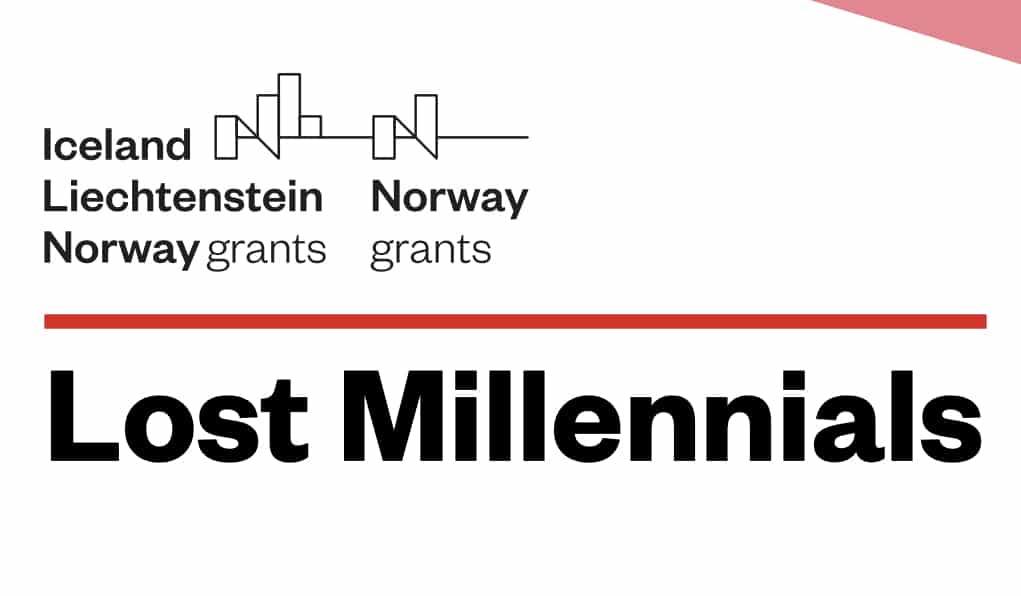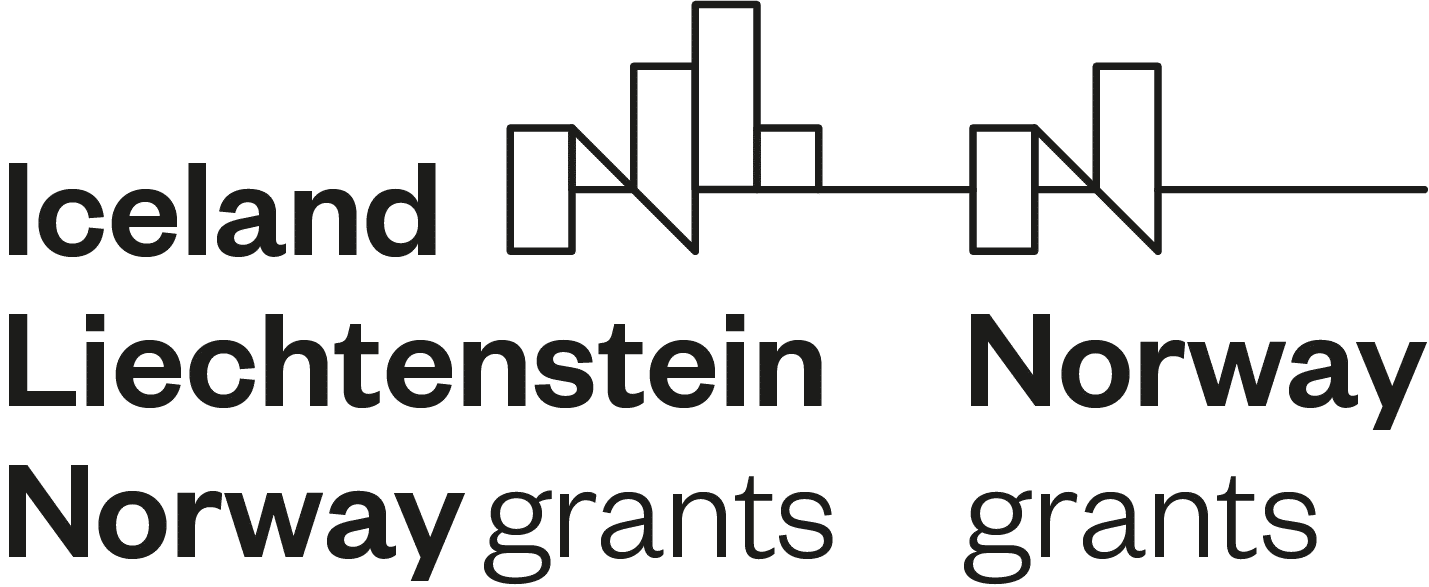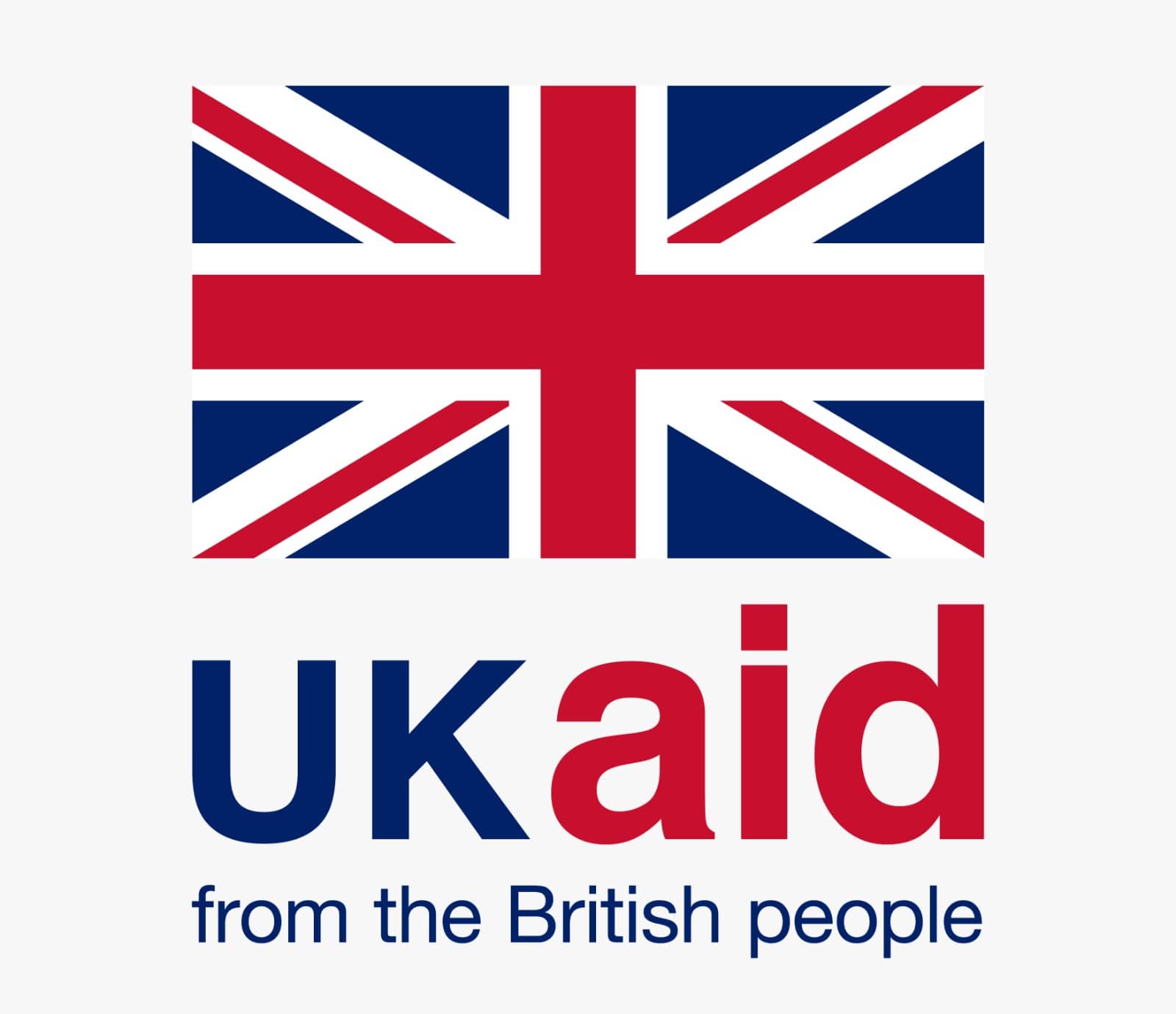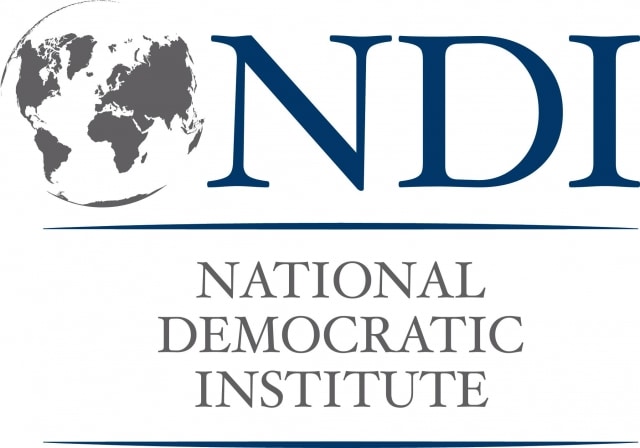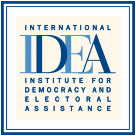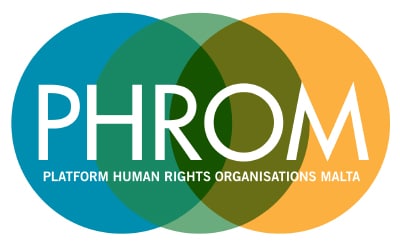Kosovo: the political reward for EU visa liberalisation
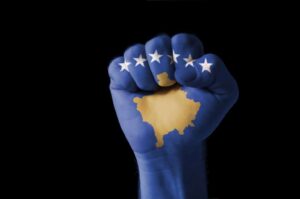 The news in mid-April that the European Parliament will extend visa-free travel to Kosovars will fundamentally shift the domestic political dynamic for years to come. It is a long-made promise that various ruling parties have dangled in front of the increasingly young electorate for many years. It was under Albin Kurti’s watch when it happened, and he and his Vetëvendosje will reap the political rewards for years and years.
The news in mid-April that the European Parliament will extend visa-free travel to Kosovars will fundamentally shift the domestic political dynamic for years to come. It is a long-made promise that various ruling parties have dangled in front of the increasingly young electorate for many years. It was under Albin Kurti’s watch when it happened, and he and his Vetëvendosje will reap the political rewards for years and years.
Context
Kosovo’s national budget revenue is around €3.2 billion. Tax on remittances (money sent home from the diaspora) accounts for about 3% of revenues. In addition to contributing to the national treasury, this money goes directly to families in Kosovo from relatives that work in Switzerland, Germany, Italy, and elsewhere. The diaspora is so influential that every party actively courts the constituency in between and at election time. With visa liberalization, more and more Kosovars will enter Europe, take up jobs in the grey market illegally and send that money home, which is taxable, so the state will benefit.
In a country with an official unemployment rate of approximately 16.5% (the actual is possibly double that and highest among young people), the average salary is around €550/month. Young people, even with post-secondary education, do not have favourable options and few prospects; with limited job opportunities, they face the potential of low-wage employment in the service sector with little benefit, protections, or legal redress for unfair labour practice. So, what is the downside of entering Europe and working in the informal market until discovered and sent packing? None.
The truth is that informal workers in the European service sector can make Kosovo’s minimum monthly wage in a week – salary and tips. Look at the service sector in Malta – there are large numbers of non-EU citizens working in restaurants, bars, and hotels – not all of them legally, to be sure. They are willing to take employment in Europe with jeopardy attached because the rewards are greater than they find at home.
This is an economic model that has been in place for a long time – remittances which are significant to the national budget of Kosovo. And the promise of better economic opportunity will excite Kosovars. And rest assured, the current governing party, Vetëvendosje, will capitalize on the visa-free travel development to the maximum, something former governments hyped so often and repeatedly failed to deliver. And this is an important point; Vetëvendosje, whether you like their left-of-centre politics or not, delivered.
The visa liberalisation merry-go-round
Vetëvendosje swept to power because the electorate was exhausted with the same old characters getting into office and fighting each other rather than fighting for Kosovo. They were tired of the established parties making and breaking promises, particularly on visa liberalization. Whenever the EU suggested liberalization was around the corner as an incentive for genuine dialogue and accommodation with Serbia, the political leadership would flog the imminence of visa-free travel. They raised expectations so high that when it didn’t happen, popular resentment toward the ‘old-line’ parties hardened even more. Prime Ministers Mustafa, Haradinaj, and Hoti in particular, but then President Thaçi all used the promise of visa liberalization to fuel their political fortunes – but failed to deliver, earning the ire of the voter.
Of course, they all have other political baggage that aided Vetëvendosje’s unprecedented 2021 majority government win; perceived self-interest, alleged corruption, assumed incompetence, or commitment to deeply divided tribal politics.
Albin Kurti and Vetëvendosje are much more attuned to what Kosovars want; they are more professional as political activists, disciplined and guided by values which Kosovars can identify, even if they disagree with them. The Democratic League of Kosovo (LDK) is perhaps a party with identifiable political values, but its leadership has been desperately out of touch with ordinary Kosovars. LDK leaders, while deeply educated and academic, often appear to talk about things that matter to them instead of talking about something ordinary Kosovars care about. This aloofness is often viewed as arrogance, and when voters believe politicians are arrogant, they are more willing to accept claims of corruption. And while grand corruption is a problem in Kosovo, ordinary Kosovars are most offended by the injustice of nepotism as a form of corruption, as evidenced in public opinion research (including that by the author). LDK, like all governments in Kosovo, would install their party faithful in jobs everywhere, reinforcing the sense of systemic injustice that ordinary citizens could not surmount.
Albin Kurti and his left-of-centre Vetëvendosje have the prospect of remaining a dominant political force in Kosovo because visa liberalization was delivered on their watch, opening new EU economic opportunities untouched by partisan nepotism. His party has delivered something tangible and something politicians cannot corrupt with nepotism. As Horace Greeley said, “Go West, young man, go West and grow up with the country.” And go, they will. As a consequence, Kosovo will grow as well.
This post was written by BCI’s Vice-President, Carlo Binda, who lived and worked in Kosovo for three years and has continued to engage with political actors.


